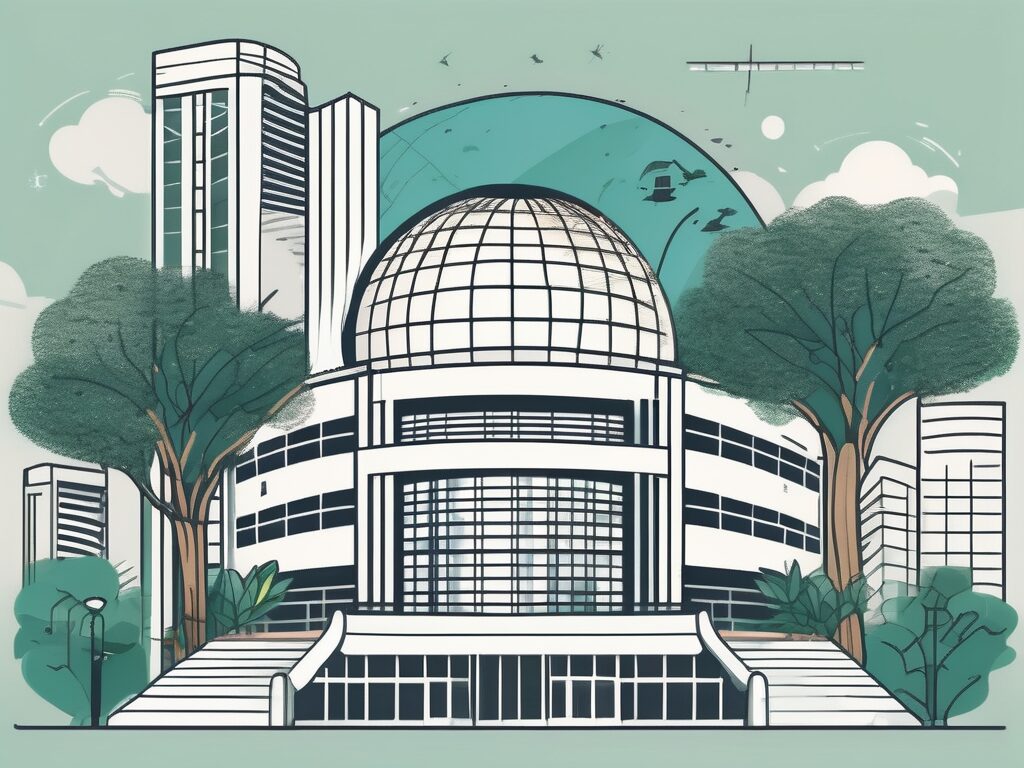html
4 Modern Teaching Techniques with a Master’s in Education in Thailand
In the rapidly evolving landscape of education, the need for innovative teaching techniques has never been more critical. As educators strive to engage students and enhance learning outcomes, modern teaching methods are becoming essential tools in the classroom. This blog post explores four modern teaching techniques that can be effectively implemented by educators holding a Master’s in Education in Thailand. Whether you are a seasoned teacher or just starting your career, these strategies will not only enrich your teaching practice but also empower your students to thrive in a dynamic learning environment.
1. Flipped Classroom: Transforming Traditional Learning
The flipped classroom model is a revolutionary approach that inverts traditional teaching methods. Instead of introducing new content in class, students engage with instructional materials at home—such as videos, readings, or interactive modules—before coming to class to apply their knowledge through discussions and hands-on activities. This technique fosters a more student-centered learning environment, allowing educators to focus on facilitating deeper understanding rather than merely delivering content.
In Thailand, where diverse learning styles and paces are prevalent, the flipped classroom can be particularly effective. For instance, educators can create video lessons in Thai and English, catering to the linguistic needs of their students. This approach not only enhances comprehension but also encourages students to take ownership of their learning journey.
2. Project-Based Learning: Engaging Students Through Real-World Challenges
Project-Based Learning (PBL) is an instructional approach that encourages students to learn by engaging in projects that address real-world problems. This technique promotes critical thinking, collaboration, and creativity, making learning more relevant and meaningful. In Thailand, educators can leverage local issues—such as environmental sustainability or cultural heritage—to design projects that resonate with students.
For example, a project on waste management could involve students researching local practices, interviewing community members, and proposing solutions to reduce waste in their school. By connecting classroom learning to real-life challenges, students develop essential skills while fostering a sense of community and responsibility.
3. Gamification: Making Learning Fun and Interactive
Gamification involves incorporating game elements into the learning process to increase student engagement and motivation. By using points, badges, leaderboards, and challenges, educators can create a more interactive and enjoyable learning experience. This technique is particularly effective in Thailand, where students often respond positively to competitive and collaborative activities.
For instance, educators can design a gamified learning module on Thai history, where students earn points for completing quizzes, participating in discussions, and collaborating on group projects. This approach not only makes learning fun but also encourages students to actively participate and strive for excellence.
4. Differentiated Instruction: Catering to Diverse Learning Needs
In a multicultural classroom like those found in Thailand, differentiated instruction is crucial for meeting the diverse needs of students. This teaching technique involves tailoring lessons to accommodate varying learning styles, abilities, and interests. By providing multiple pathways for students to engage with content, educators can ensure that all learners have the opportunity to succeed.
For example, a teacher might offer different reading materials on a particular topic, allowing students to choose texts that match their reading levels and interests. Additionally, incorporating visual aids, hands-on activities, and technology can further enhance the learning experience for all students. By embracing differentiated instruction, educators can create an inclusive classroom environment that values each student’s unique contributions.
Conclusion
As we navigate the complexities of modern education, adopting innovative teaching techniques is essential for fostering student engagement and success. The flipped classroom, project-based learning, gamification, and differentiated instruction are just a few of the strategies that educators with a Master’s in Education in Thailand can implement to enhance their teaching practice. By embracing these modern techniques, you can create a dynamic and inclusive learning environment that empowers your students to thrive.
Empower Your Teaching Career with IPGCE
As we strive for a more inclusive education system in Malaysia, the role of qualified and well-trained educators becomes increasingly crucial. IPGCE is dedicated to supporting teachers in their professional journey, offering the International Postgraduate Certificate in Education (iPGCE) to enhance qualifications and open doors to international teaching opportunities. With our program, you can expect a significant increase in interview callbacks, promotion rates, and salary. Plus, you’ll join a global network of educators, gain a deeper understanding of international curricula, and enjoy the flexibility of online study. Don’t let inadequate credentials or isolation hold you back. Join the UK’s #1 Teacher Training Course today and take a decisive step towards a fulfilling career in inclusive education.
Related Topics
- Benefits of a Master’s in Education
- Effective Teaching Strategies for Modern Classrooms
- Inclusive Education Practices in Thailand
Connect with us on LinkedIn to stay updated on the latest in education and teaching strategies!

